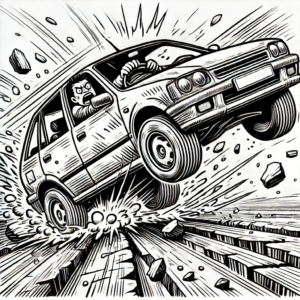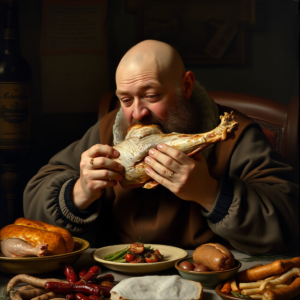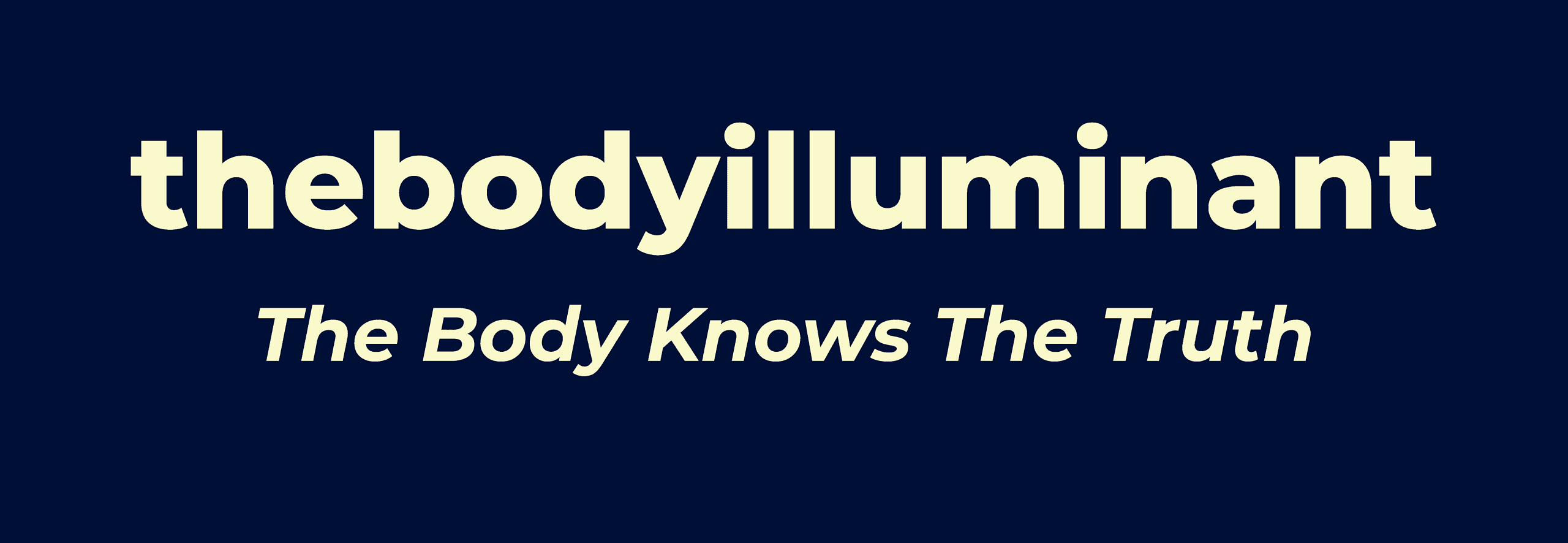[vc_row][vc_column][vc_column_text css=””]
The Doors of Compensation©
“A wheel that is off its axle”
I wanted to start this article with what I thought was a quote from Buddha: “Life is suffering.” Looking a bit deeper, it would appear that a more literal translation would be “life does not satisfy.” And perhaps an even more charming metaphor: Life is like a wheel off its axle. (https://tricycle.org/beginners/buddhism/what-did-the-buddha-mean-by-suffering/)

Wheels are perfect. Axles are perfect. When their relationship is aligned, it is a smooth ride; when not, things get pretty bumpy.
Human beings are perfect. The universe is perfect. When their relationship is aligned, it is a smooth ride; when not, not so smooth.
From the moment of our conception (some might say even before (see sidebar—Reincarnation), the relationship between ourselves, as perfect wheels, and the rest of the universe as a perfect axle begins. It is a wild and bumpy ride on this road of life, filled with the contradictions and conflicts between potential and reality. Externally, the world demands us to act, think, interact, and work in ways often contradictory to our true nature. Internally, we are pummelled by the near incessant internal dialogue of dissatisfaction generated by our constant companion and nemesis, the mind. When working, we wish to play; when we are being pure, we desire decadence. When we believe, we have doubts; when we have doubts, we only desire to believe. A wheel off its axle, a bumpy and stressful ride. The stress of this journey through life accumulates and must be released. This release of stress is not optional and is as necessary as eating, sleeping, or breathing. Once again, NOT optional!
To some extent, what is optional is how we release/deal with this stress. As we modify our eating with diets, our breathing with yogic practices, and our sleep with changes in routine, we can also modify how and when we release these accumulations of stress.
The first step in modifying how we discharge stress is becoming aware that it is happening. How often, after a challenging day of life, do we find ourselves releasing that built-up stress with more enthusiasm than most days: Perhaps drinking more alcohol or overindulging with a meal, finding ourselves being unkind to loved ones, lashing out, exercising to the point of injuring ourselves, or spending hours watching social media/pornography. Understand that as long as you are a human being living on this earth, stress will accumulate and will need to be discharged.
Oscar Ichazo, a Chilean mystic and founder of the Arica Mystical School, stated unequivocally that there were only nine ways to discharge this stress. He called these nine ways Doors of Compensation© and shared this information to help us become more aware of ourselves and others. In sharing this information, the goal was to help us understand that when we “go out” these doors, it is a necessary and natural process—not to be judged but appreciated and embraced.
The nine doors can be described as Gluttony, Panic, Phobias, Cruelty, Over-exertion, Toximania, Sensuality, Psychosomatic illness, and Crime.
These doors can be demonstrated at varying degrees and across physical, mental, emotional, and even spiritual aspects of our lives. They are often combined. Some of these are very familiar. We all know the individuals who demonstrate over-exertion in work or play or those who prefer the toxins of coffee, sugar, and recreational or pharmaceutical drugs. And, of course, gluttony, not just with food, but of all the pleasures of life. If some is good, more is better. Sensuality moves across all the senses: Taste, touch, hearing, vision, and smell.
Some of the doors we are less likely to be aware of, such as the crime door. We are not talking about violent crimes but more of the sneaky, low-amplitude, white-collar type. When you receive something for free when you know you should pay for it, Bit torrent, stealing cable, running red lights and stop signs.
So, what do these doors look like in real life?

Gluttony—Although often associated with food, Gluttony is an act of excess. For instance, eating more than is needed, emotional outbursts, temper tantrums, incessant checking of news or social media, TikTok, and even prayer and meditation as anesthesia and avoidance.

Panic—Yikes! Panic is not just a personal state. In its more intense degrees, we spread that panic to others. That feeling you get when you cannot find your wallet, warning others not to go to places that you have never gone, warning someone they are going down a path to hell, avoiding reading or studying views different than your own for fear of having to change or refusing to travel on a particular form of transportation.

Over-exertion—Exerting ourselves to avoid/escape, for instance, all-nighters, rearranging furniture, working to the point of physical exhaustion, so wrapped up in work that relationships become unimportant, compulsive studying, using a spiritual practice to avoid problems.
Psychosomatic Illness—May manifest as such actions as imagining you are coming down with a cold, taking medicines “just to be safe,” stress diseases such as herpes simplex, asthma, skin rashes, not taking care of yourself after a breakup, procrastination, feeling paralyzed in a work situation, or feeling like someone has hypnotic or other form of control over you.
Toximania—Taking drugs to have the energy to “party” or enhance sexual function, taking drugs to get through the day, coffee, cigarettes, sugar, using drugs to get someone to love you or seduce them, using your emotional relations to get drugs, using drugs to excel at school and enhance mental state, or taking drugs to commune with nature/God.

Many of us struggle with our relationship to the Doors of Compensation. In their extreme forms, these doors can lead to consequences like obesity, hangovers, legal issues, walks of shame, illness, and deep regret. When we judge ourselves or others for stepping through these doors, we only add to the discomfort in a psyche already caught in a cycle of dichotomy and dissatisfaction. This, in turn, fuels the need to go through more doors, creating a harmful spiral.
As awareness grows, it’s important to release judgment. When you observe yourself or others engaging with the Doors of Compensation, do so with compassion. These behaviors, while often viewed negatively, are part of our human experience, as necessary as breathing, eating, and sleeping.
True and lasting change in our relationship with these doors comes not from judgment but from addressing the root causes of our stress. When we smooth out our journey through life—aligning our inner wheel with our path and The One True God—we begin the real work of transformation.[/vc_column_text][/vc_column][/vc_row]
